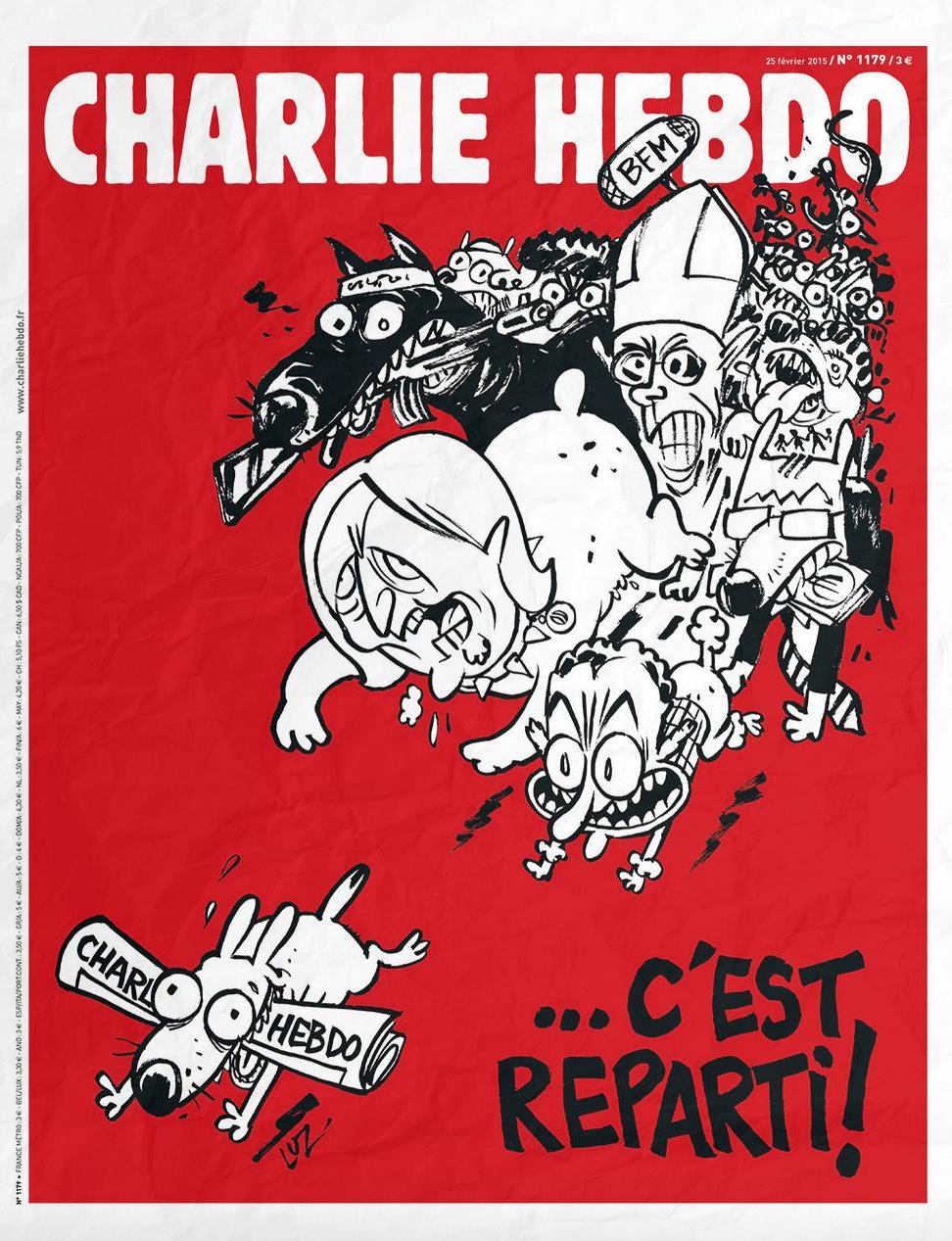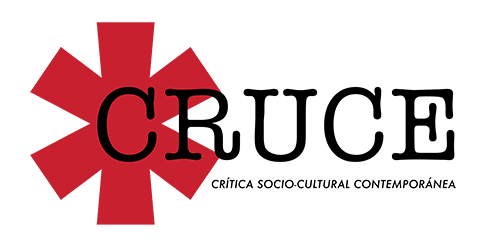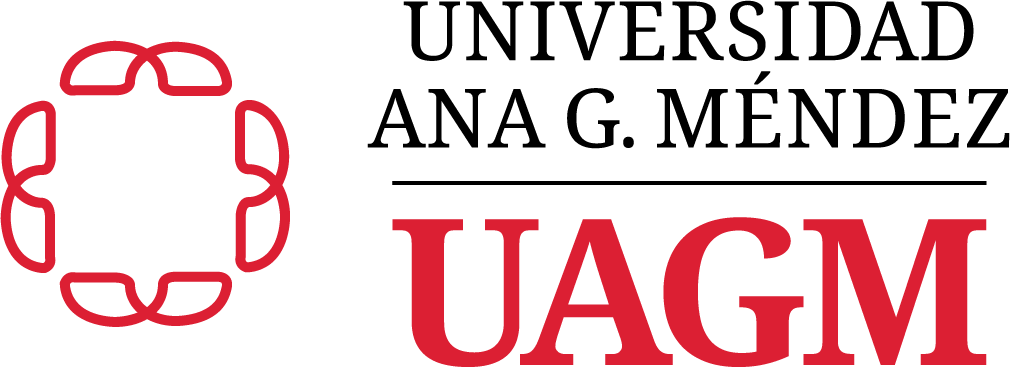
Given the recent upheaval of columns and articles written on the Charlie Hebdo tragedy, sets of interdisciplinary postures have been thrown around in every direction, hoping to make some sense of everything this incident might represent. But what has been widely overlooked in many senses is a need to rescue historical memory. Regardless of the moral stances that have referenced constructs such as that of “Freedom of Speech”, “terrorism”, “Islam”, “islamists”, “jihads” (among many others), extractions are needed to better scope and plot the historical landscape. But more importantly than the abstractions and extractions endeavored by our own subjective absence, our own subject immersion within the confines of liberalism may hold the key to more intriguing and “all-encompassing” set of explanations regarding patterns similar to that of the Charlie Hebdo attack.
Liberalism: (Ex) and (Dis) Tractions:
Voltaire, when confronted with the harsh realities of his own imprisonment under the reign of Louis XIV, came to embrace political stances that pushed for prison reform. He was also one to pass a good deal of his life exiled from France in an England that was experiencing vivid political and economic changes within the confines of its parliamentary institutions among others. But what is generally not analyzed about historical figures such as that of Voltaire is that his political and philosophical stances make him a prisoner of his own material experiences. His stance regarding the popular philosophical notion turn buzz-phrase “freedom of speech”, for example, cannot be analyzed without contextualizing censorship against him under Louis XIV in France. However, as much as Charlie Hebdo’s recently acclaimed popularity might suggest notions of parallel realities between the satirist publication and that of Voltaire’s lifelong project, to use the term in the same context can cause serious confusion regarding where these stances are coming from and what is really being said.

Liberalism as an ideological construction of history birthed its failure long ago when confronted with the mercantile practices of states with their respective monopolies over their colonial counterparts. Although critics such as Adam Smith were adamant about sharing their opposition to monopolization of markets, little did they know that capitalism would grow to emulate such practices. With the monopolization of markets came social, economic, political and ecological symptoms that birthed individualism over the individual. Or as Erich Fromm put it in Marx’s Concept of Man that men and women under capitalism “have reached a degree of conformity which has wiped out individuality to a remarkable extent”.
From this point on, capitalism has drawn out the battle lines between nations, states and people, exploited human resources to the point of exhaustion, extracted entire ecosystems in the name of “sustainability” and have created markets out of human misery and apathy. And if that wasn’t enough, symptoms that accompany this degrading and destructive extraction of the world’s wealth work into the diplomacy and policy making of nation states. Within these confines, the geography of influence became more necessary to attend growing political tensions created by the expansion of nation states, thus attending the invasive needs of the corporate cancer of capitalism.
With its expansive capability of capitalism to take on the markets of culture, the emblematic virtues that were once defended by Mill, Montesquieu, Voltaire, Smith and many others have all been coopted to benefit the wealthy. Even the most valiant claims of the XVIII century that were chiseled into constitutions have been sold to the highest bidder, or in this case to big media outlets.

Modern Liberalism has taken the “liberty” of interpreting “Freedom of Speech” to fit the illusion of individuality. But to do so, it will have to give up any notion of scrutiny directed at the substance of speech at hand. And with this illusion, you are “free” to say what you like over any other consideration, (given that any form of criticism is also considered censorship). So what’s left? The imposition of western values over other nations, states and people that seldom understand “our freedoms” as George W. Bush would have put it. But imposition is never void of other complications that are not necessarily spawned from the macro-structures of geo-politics. Others can be religiously and culturally motivated. However, the integrative relationship of politics, economy and culture is what brings us to consider more holistic complexities, and the Charlie Hebdo attack can be considered one of them. The owners and editors of Charlie Hebdo have opted to continue to make the attack on the paper seem as if the issue at hand really has anything to do with freedom of speech.
Religion? Or the Politics of Religion?:
Although the question is constantly thrown around in the Palestinian conflict as to whether or not it’s a political or a religious issue, the question doesn’t seem to capture the attention of many authors referencing the Charlie Hebdo attack. It’s one that has been almost solely centered on the “Freedom of Speech” debate. Any other consideration regarding the complexities that brought about such an atrocity is ignored for the more sensational questions that play into liberal sentimentalism.

The politics of religion however are at question in an imperial sense. It’s not a coincidence that both Islam and Christianity participate in similar notions of proselytism regarding the expansion of their respective religious projects. Historically, both religious communities have been swindled or coerced in a sense into expanding the might of different imperial endeavors over time. Unlike other religious communities that have closed themselves inward in a cultural sense, Islam and Christianity have both used holy wars to convert and control the lands taken in crusades and caliphates. Without simplifying it to an issue of “clashing civilizations” or anything else that the “neo-conservatives” might conceive to defend the “coalition of the willing” in Afghanistan or the “War on Terror” in Iraq, the politics of religion has consequently worked itself into a fear of ‘otherness’.
When confronted with issues regarding national identity and political geography, this otherness integrates itself into a much more complex scenario where every avoidable option ironically seems unavoidable. The newly conceived self-proclaimed state between Syria and Iraq for example has grabbed more attention than any of the illegal invasions or massacres endeavored by the Israeli government on the Palestinian people. Our lack of understanding of the historical processes that brought about these insurgent islamist groups seems to make the western world cling to its prejudice and flaunt its “freedoms” at an autocracy that only exists in our minds minds. But hey, it’s never too late to let some westerners know that King George III passed away long ago and the Berlin wall looks very small compared to the one erected in the Gaza Strip.

But now that the Cold War is over and all is apparently ‘quiet on the western front’, the fault lines arbitrarily drawn through the middle east by its “former” colonial powers have empowered a number of minority groups (some of which can be described along faith based lines) that by their sheer existence have fueled homegrown opposition to extinct imperial policies. And if that wasn’t enough, the western reaction to this “otherness” has fueled discrimination towards Islamic and ‘Middle Eastern’ communities living in Europe and the Americas alike. Although history doesn’t repeat itself in every sense of the phrase, in retrospect, parallel realities of Islam phobia were also prevalent in the United States after the 9/11 attacks in the US, the 4/11 attacks in Spain among many others.
But if there’s one parallel reality that is being overlooked it’s that of the intent to provoke. Considering the fact that circumstances may be different from that of Al Qaeda and any other group of Islamic extremists when it comes to means, policy, ethnic origins and geography, those groups who participated in ‘terrorist attacks’ have provoked a situation that is inherently inevasible in the ‘middle east’ and abroad. The diversity and indisputable mobility of its actors has breached national boarders, waged ‘jihads’ against rival military powers and disrupted imperial policy in the region. But for the liberal world, it’s blind and ‘presentist’ eye only evokes its ‘freedoms’ to battle a world it does not understand.

To contextualize with references closer to the heart of our own cartoon-like imagery of the world, memory is like that of petroleum in the ‘Middle East’. Its value is established once it has been discovered or tapped. But whatever happens to untapped memory? Whatever happens to that which is valued and then stolen? Do we honestly think that our own historical insecurities have the power to override our understanding of reason(s)? Are we really that shallow, self-centered and ignorant to think that people in a faraway land give a ‘rats ass’ about our ‘freedom’? Maybe we should ask Charlie Hebdo.
In retrospect, Voltaire also has his own presentist past that has been criticized by many historians to evoke only the relevancy of a history he can explain. But like untapped memory and petroleum, its value is inherently connected to its use.
Lista de referencias:
Armstrong, Karen. Islam: A short History. New York: Modern Library Edition, 2000.
E. Sreedharan. A Textbook of Historiography, 500 B.C to A.D. 2000. New Delhi: Orient Longman Private Limited, 2000.
Flemming, William F. The Works of Voltaire: A Contemporary Version. New York: Dingwall-Rock, 1927. Vol. XIX, Pt. I, pp. 172-76.
Fromm, Erich. Marx's Concept of Man. New York: Frederick Ungar Publishin, 1961.
Huntington, Samuel P. "The Clash of Civilizations?", Foreign Affairs, Vol. 72, no. 3, Summer 1993, pp. 22–49.
Manning, Susan and France, Peter. Enlightenment and Emancipation. New Jersey: Associated University Presses, 2010. p. 30.
Paulson, Lex. "Charlie Hebdo, Voltaire, and Us". The Huffington Post (retrieved 3/1/2015). http://www.huffingtonpost.com/lex-paulson/charlie-hebdo-voltaire-an_b_6455032.html.
Lista de imágenes:
1. Portada de Charlie Hebdo tras el ataque a los caricaturistas de la publicación, en París.
2. Portada actual de Charlie Hebdo.
3. Pasquines de Voltaire distribuidos en París al día siguiente de los ataques contra los caricaturistas de Charlie Hebdo.
4. Shahrokh Heidari, "Cartoon Movement", 2015.
5. Latuff, "Freedom of Speech According to The West", 2012.
6. Portada de Charlie Hebdo, 2012.
7. Cagle Cartoons, "Freedom", 2015.

